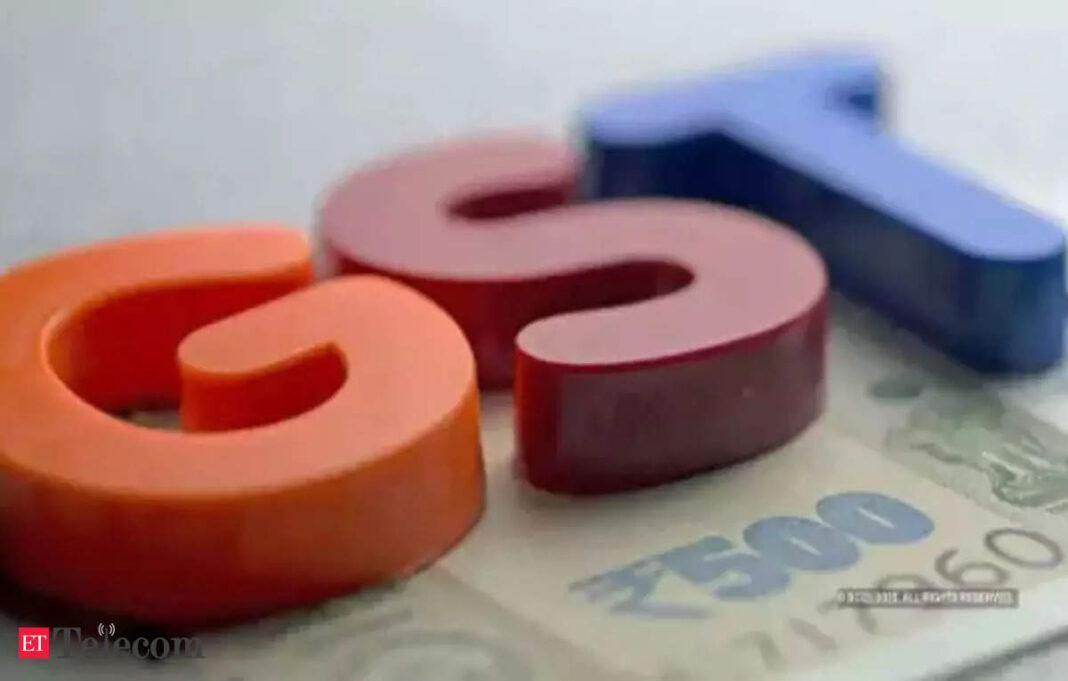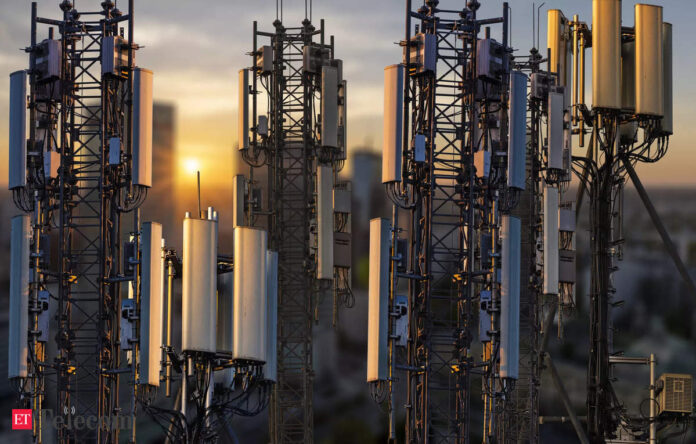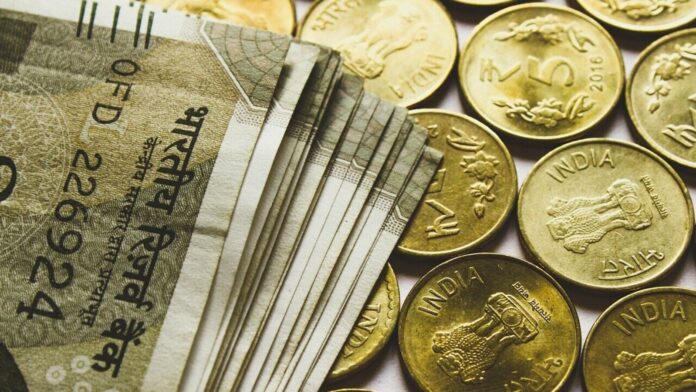In Short:
In a major win for Tata Sons, a GST authority has dismissed a demand of over Rs 1,500 crore related to a settlement with Docomo. The case stemmed from a 2017 payment made by Tata Sons to settle a dispute over a stake in Tata Teleservices. This ruling is expected to influence similar cases, although the GST department can appeal.
Mumbai: In a notable development for Tata Sons, the Adjudicating Authority (AA) of the Goods and Services Tax (GST) department has dismissed a GST demand exceeding Rs 1,500 crore related to a settlement agreement with NTT Docomo.
This ruling is anticipated to set a precedent for other companies involved in arbitration proceedings, according to officials familiar with the situation.
One official noted, “The department has the option of contesting it before the High Court.”
Background of the Case
In 2019, the Directorate General of GST Intelligence (DGGI) alleged that 18% GST was owed on the $1.27 billion that the Tata Group holding company transferred to the Japanese telecommunications giant in 2017 as part of a dispute settlement with Tata Teleservices. The argument was based on the premise that, as the payment was made on behalf of Tata Teleservices, it should be considered a loan from Tata Sons to the group firm, rendering it liable for 18% GST.
Tata Sons countered this assertion by stating that the payment stemmed from arbitration proceedings held in a London court, asserting that GST did not apply in this context.
Legal Proceedings
In November 2022, Tata Sons filed a writ petition with the Bombay High Court, referencing a circular from the Central Board of Indirect Taxes and Customs (CBIC) issued on August 3, 2022, as well as another from February 28, 2023, which both indicated that GST should not be imposed on liquidated damages.
The company emphasized, “The amount was due and paid on behalf of Tata Teleservices by Tata Sons and was not for any services rendered by Docomo. It is an arbitration case that was paid and amicably settled… DGGI is approaching this from a very technical standpoint,” during their arguments before the High Court.
However, in 2023, the High Court permitted the department to issue a show-cause notice (SCN) against Tata Sons, which sparked further challenges by the company before the AA.
As per sources, “The AA has relied upon the arguments presented by the company in its ruling.” Furthermore, it is noted that this AA order will serve as a reference point for other companies undergoing similar legal issues.
Tata Sons did not provide any comments regarding the AA order.
Implications of the AA Ruling
The DGGI had imposed the GST under Schedule 2 of the CGST Act, which categorizes the payment of loans as a service provided. A senior official noted, “Given that Tata Sons is the holding company, it is obligated to pay 18% GST on behalf of Tata Teleservices.”
Advait M Sethna, a counsel specializing in indirect tax and arbitration, commented on recent rulings by the Telangana Advance Ruling Authority, indicating that GST is not applicable to out-of-court settlements. He stated, “In my opinion, liquidated damages arising from arbitration are generally exempt from GST. However, if the awarded amount relates to claims arising from goods and/or services defined under the GST Act, GST may be applicable to that extent.” He added that such definitions under the GST Act sharply exclude money security and actionable claims.
Historical Context
In 2009, NTT Docomo obtained a 26.5% stake in Tata Teleservices. The two parties had previously agreed that the Japanese firm could exit the partnership at a pre-established minimum price—at least half of what it paid for the stake. Docomo sought to exercise this option in 2015, prompted by the financial difficulties facing Tata Teleservices.
However, the Reserve Bank of India (RBI) contended that the exit could only occur at fair market value, in accordance with an amendment made in 2013. Tata Sons, then under the leadership of late Cyrus Mistry, cited this guideline and refused to pay the initially agreed amount. Consequently, Docomo pursued international arbitration, which culminated in 2017 with an award of $1.27 billion from an international arbitration court for its stake in Tata Teleservices Ltd (TTSL).





